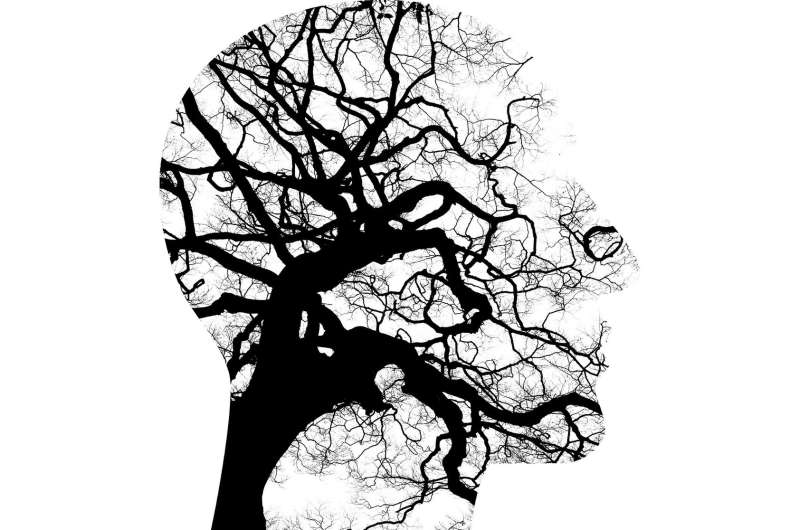
Researchers have shown that the link between physical and mental illness is closer than previously thought. Certain changes in physical health, which are detectable in childhood, are linked with the development of mental illness in adulthood.
The researchers, led by the University of Cambridge, used a sample of over 10,000 people to study how insulin levels and body mass index (BMI) in childhood may be linked with depression and psychosis in young adulthood.
They found that persistently high insulin levels from mid-childhood were linked with a higher chance of developing psychosis in adulthood. In addition, they found that an increase in BMI around the onset of puberty, was linked with a higher chance of developing depression in adulthood, particularly in girls. The results were consistent after adjusting for a range of other possible factors.
The findings, reported in the journal JAMA Psychiatry, suggest that early signs of developing physical health problems could be present long before the development of symptoms of psychosis or depression and show that the link between physical and mental illness is more complex than previously thought.
However, the researchers caution that these risk factors are among many, both genetic and environmental, and that their results do not suggest that one could predict the likelihood of developing adult mental disorders from these physical health measures alone.
The researchers recommend that healthcare professionals should carry out robust physical assessments of young people presenting with symptoms of psychosis or depression, so that early signs of physical illnesses may be diagnosed and treated early. It has been well-established that people with depression and psychosis can have a life expectancy of up to 20 years shorter than the general population, mostly because physical health problems like diabetes and obesity are more common in adults with those mental disorders.
While psychosis and depression in adulthood are already known to be associated with significantly higher rates of diabetes and obesity than the general population, these links are often attributed to the symptoms of the mental disorder itself.
“The general assumption in the past has been that some people with psychosis and depression might be more likely to have a poor diet and lower levels of physical exercise, so any adverse physical health problems are a result of the mental disorder, or the treatment for it,” said first author Dr. Benjamin Perry from Cambridge’s Department of Psychiatry. “In essence, the received wisdom is that the mental disorder comes first. But we’ve found that this isn’t necessarily the case, and for some individuals, it may be the other way around, suggesting that physical health problems detectable from childhood might be risk factors for adult psychosis and depression.”
Using data from the Avon Longitudinal Study of Parents and Children (ALSPAC), a long-term population-representative birth cohort study set in the west of England, Perry and his colleagues found that disruption to insulin levels can be detected in childhood, long before the onset of psychosis, suggesting that some people with psychosis may have an inherent susceptibility to developing diabetes.
They used a statistical method to group individuals based on similar trajectories of change in insulin levels and BMI from age one to 24, and examined how the different groups related to risks of depression and psychosis in adulthood. About 75% of study participants had normal insulin levels, between 15% and 18% had insulin levels which increased gradually over adolescence, and around 3% had relatively high insulin levels. This third group had a higher chance of developing psychosis in adulthood compared with the average group.
The researchers did not find that the group who had persistently high BMI through childhood and adolescence had a significantly increased risk of depression in adulthood, and instead suggest that their findings mean that certain factors around the age of puberty which might cause BMI to increase might be important risk factors for depression in adulthood. The researchers were not able to determine in their study what those factors might be, and future research will be required to find them. These factors might be important targets to reduce the risk of both depression in adulthood.
“These findings are an important reminder that all young people presenting with mental health problems should be offered a full and comprehensive assessment of their physical health in tandem with their mental health,” said Perry. “Intervening early is the best way to reduce the mortality gap sadly faced by people with mental disorders like depression and psychosis.
“The next step will be to work out exactly why persistently high insulin levels from childhood increase the risk of psychosis in adulthood, and why increases in BMI around the age of puberty increase the risk of depression in adulthood. Doing so could pave the way for better preventative measures and the potential for new treatment targets.”
University of Cambridge

